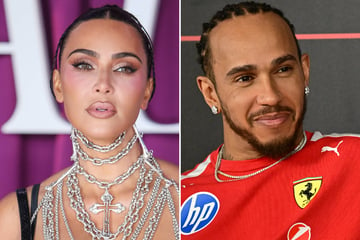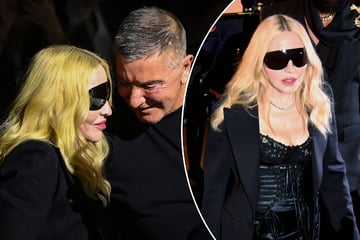BBC apologizes for cover-up of reporter's lies in setting up Princess Diana interview
London, United Kingdom - The results of an inquiry released on Thursday found that the BBC covered up "deceitful behavior" used by journalist Martin Bashir to secure a headline-making exclusive with Princess Diana in 1995 and "fell short of high standards of integrity and transparency."
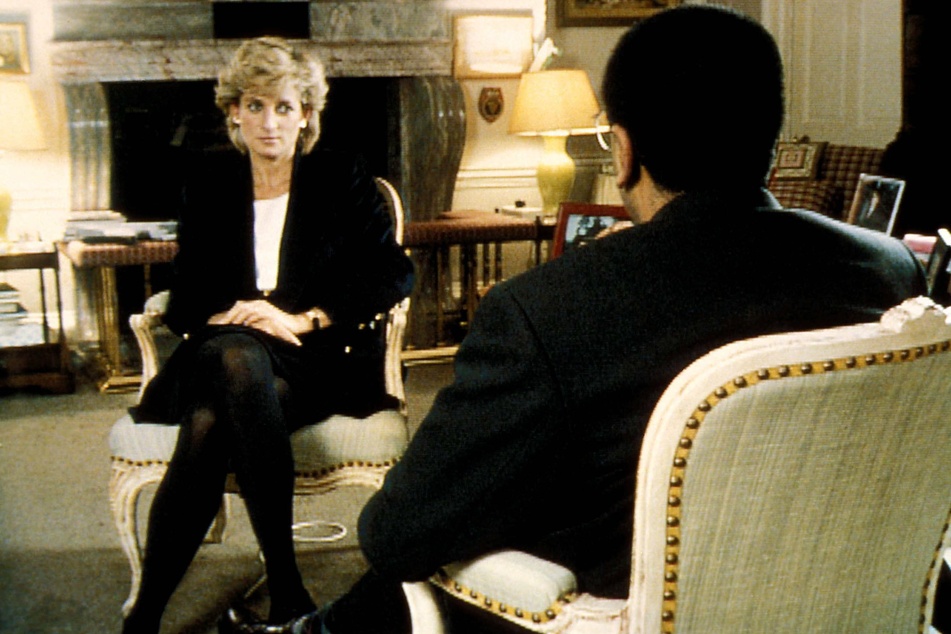
The journalist was in "serious breach" of the BBC's producer guidelines when he faked bank statements and showed them to Diana's brother Earl Spencer to gain access to the princess, a report by Lord Dyson said.
Earl Spencer told a new Panorama program that the consequences of Diana's decision to do the interview contributed to her death in a car crash in Paris on August 31, 1997.
Diana and her lover Dodi Fayed died when their car crashed in the Pont de l'Alma tunnel as they were being pursued by the paparazzi.
Earl Spencer told the program: "It's quite clear from the introduction that I sat in on the 19th of September 1995 everyone was going to be made untrustworthy, and I think that Diana did lose trust in really key people.
"This is a young girl in her mid-30s who has lived this extraordinarily turbulent and difficult time in the public eye.
"She didn't know who to trust and in the end, when she died two years later, she was without any form of real protection."
The BBC apologizes personally to various members of the royal family
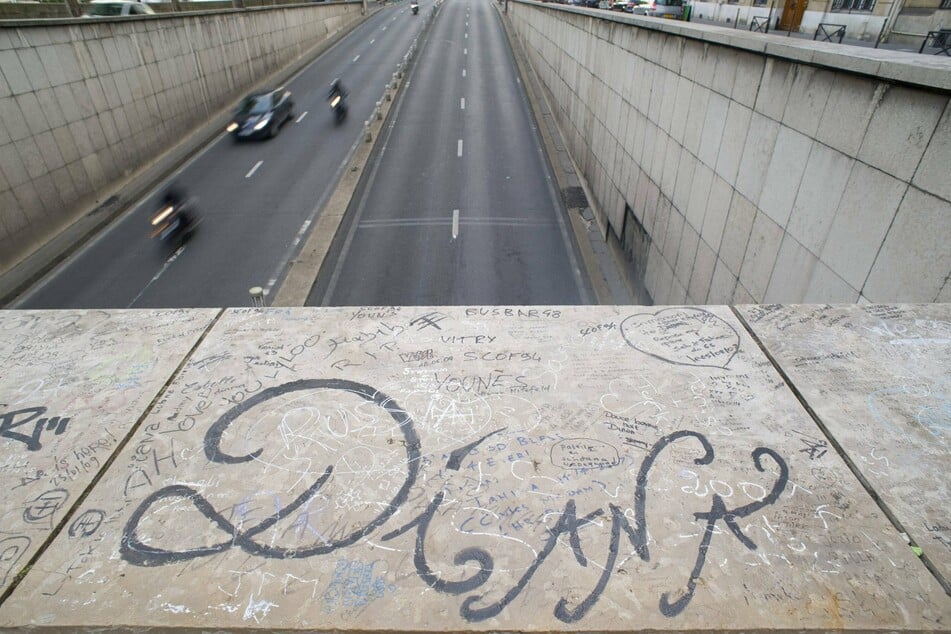
Diana's sons, Prince William and Prince Harry, issued statements criticizing the BBC.
William said he was left with "indescribable sadness" to know the corporation's shortcomings had "contributed significantly" to Diana's state of mind in the final years of her life.
"She was failed not just by a rogue reporter, but by leaders at the BBC who looked the other way rather than asking the tough questions."
Prince Harry thanked those who had "taken some form of accountability" in a separate statement.
"That is the first step towards justice and truth. Yet what deeply concerns me is that practices like these – and even worse – are still widespread today," he said.
"Our mother was an incredible woman who dedicated her life to service. She was resilient, brave, and unquestionably honest.
"The ripple effect of a culture of exploitation and unethical practices ultimately took her life," Harry said.
The BBC has written to the royal family to apologize for the circumstances surrounding the interview - in which Diana said: "Well, there were three of us in this marriage, so it was a bit crowded" – and the corporation has returned the awards it received for the interview.
The corporation has also sent personal apologies to Prince Charles, William, Harry, and Earl Spencer.
The letter reportedly accepts Bashir made the claims "intending to play on the princess's fears, in order to arouse her interest in him, and without concern for the impact on those he maligned."
Martin Bashir says Diana would have accepted anyway
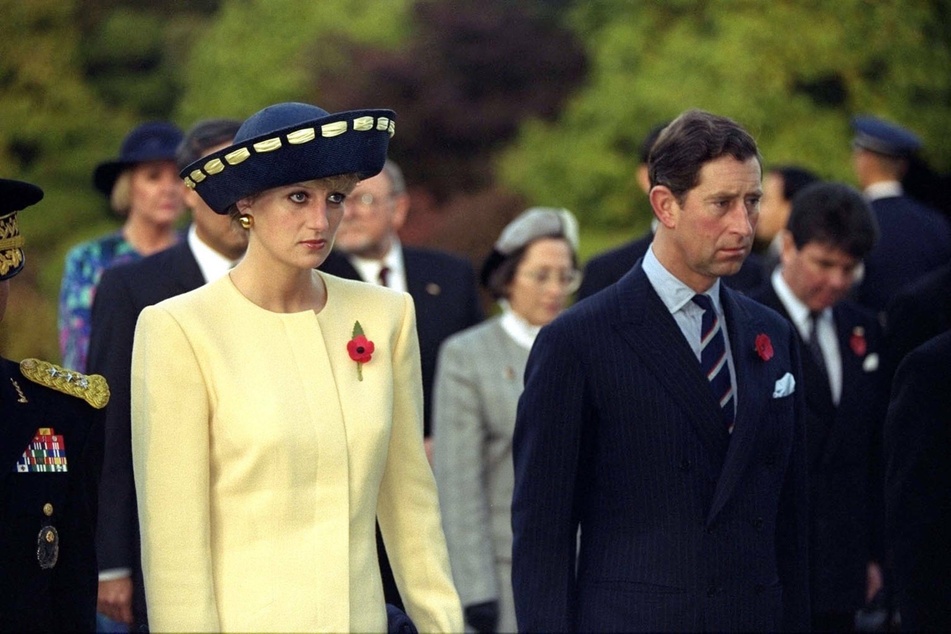
The report said: "By showing Earl Spencer the fake [bank] statements and informing him of their contents, Mr. Bashir deceived and induced him to arrange a meeting with Princess Diana. By gaining access to Princess Diana in this way, Mr. Bashir was able to persuade her to agree to give the interview."
An internal investigation by the BBC into the matter in 1996 was "woefully ineffective," it added.
The report found the BBC inquiry "did not scrutinize Mr. Bashir's account with the necessary degree of skepticism and caution," despite the fact he "had lied three times when he said that he had not shown the fake statements to Earl Spencer."
A handwritten note from Diana on Kensington Palace notepaper, which was part of the evidence in the inquiry, said Bashir did not show her any documents or give her any information "that I was not previously aware of."
She said she took part in the interview "without any undue pressure" and had "no regrets concerning the matter."
Bashir has apologized for faking the documents and said it was "a stupid thing do to do," and "an action I deeply regret," but added it had "no bearing whatsoever on the personal choice by Princess Diana to take part in the interview."
He added: "Evidence handed to the inquiry in her own handwriting [and published alongside the report today] unequivocally confirms this, and other compelling evidence presented to Lord Dyson reinforces it.
"In fact, despite his other findings, Lord Dyson himself in any event accepts that the princess would probably have agreed to be interviewed without what he describes as my 'intervention'."
He said he will "always remain immensely proud of that interview."
Diana's "Panorama" interview in 1995 sent shockwaves through the monarchy with details about the state of her marriage to Prince Charles.
Cover photo: IMAGO/ZUMA Wire
